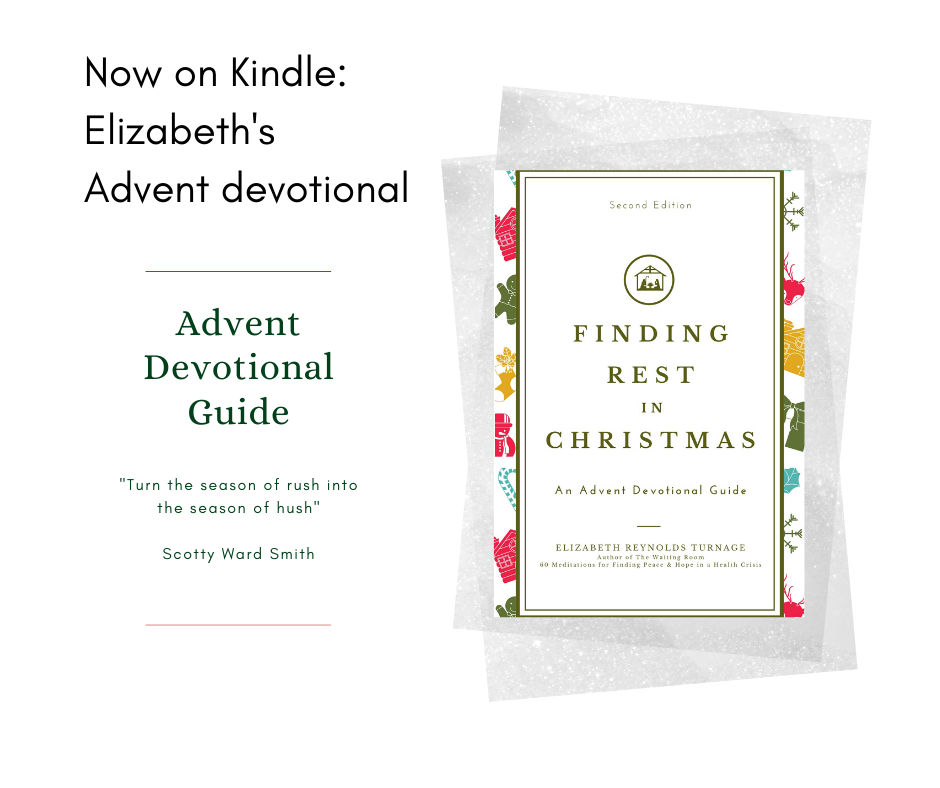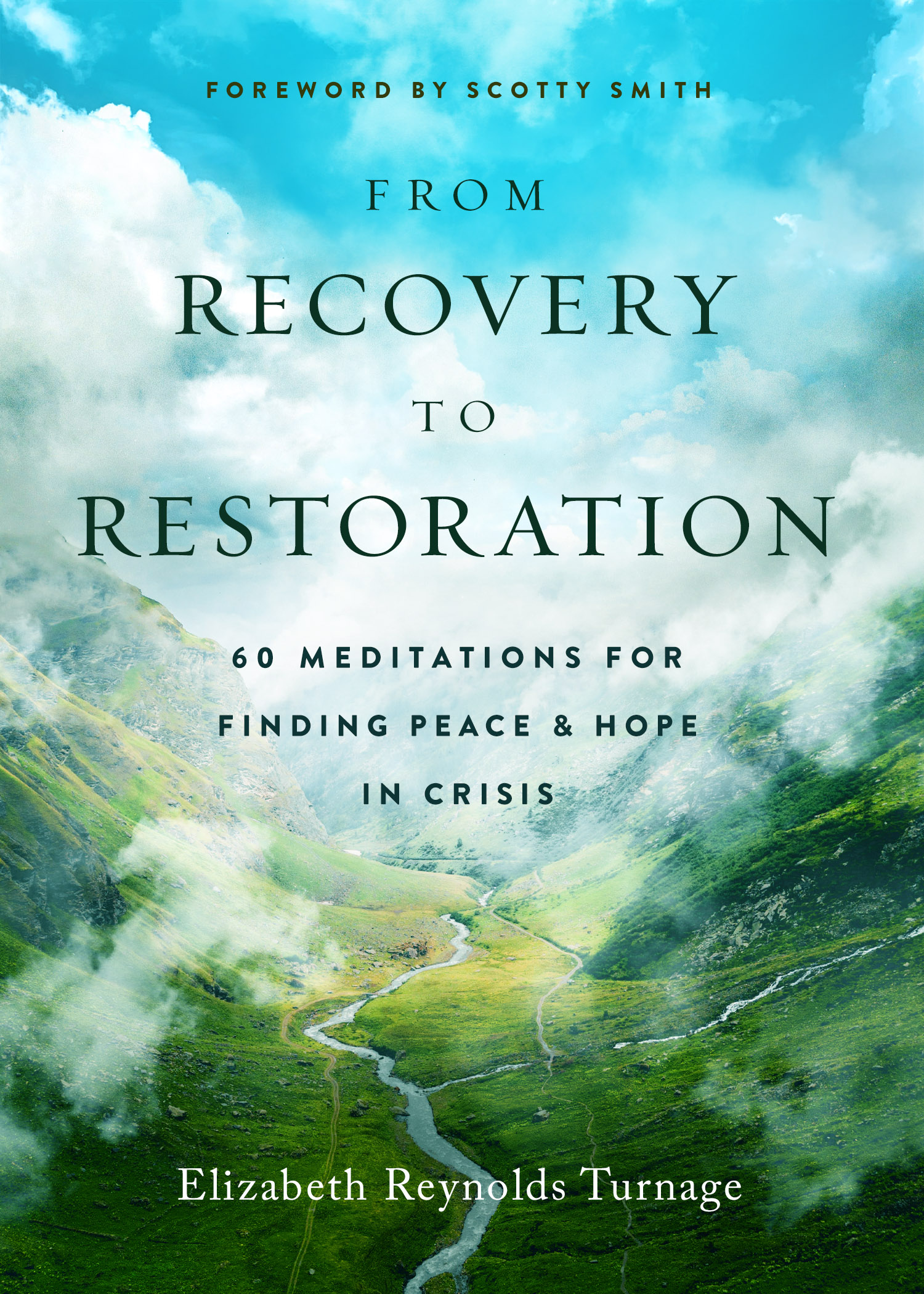Resisting Resistance: 3 Ways to Reach Our Goals
Resisting Resistance: 3 Ways to Reach Our Goals
As for you, you were dead in your transgressions and sins, in which you used to live when you followed the ways of this world and of the ruler of the kingdom of the air, the spirit who is now at work in those who are disobedient. Ephesians 2:1-2
Have you made plans, good plans, plans to enjoy and glorify God in specific ways? If so, expect resistance. Author Steven Pressfield nails the heart of resistance:
“Resistance’s goal is not to wound or disable. Resistance aims to kill. Its target is the epicenter of our being: our genius, our soul, the unique and priceless gift we were put on earth to give and that no one else has but us.” (Steven Pressfield, The War of Art, 15).
Pressfield’s resistance sounds uncannily like the devil, who “prowls around like a roaring lion, seeking someone to devour” (1 Peter 5:8). Whenever we make plans to multiply God’s glory, the devil will seek to destroy our mission. The “father of lies” (verse) especially enjoys shutting us down with shame, telling us, “You’re not…smart enough, strong enough, old enough, young enough, good enough….”
As Ephesians 2:3 points out, the world also puts up resistance to our plans. Your roommates oppose your exploration of Christianity, because it makes them feel guilty; your bestie mocks your attempts to quit drinking because you are her bar buddy; your husband sabotages your diet because he loves your famous buttermilk biscuits.
Finally, our own sin nature creates resistance—like Adam and Eve before us, we enjoy “gratifying the cravings of our flesh” (Ephesians 2:3). As we seek to finish writing our book, start our exercise program, or begin a Bible reading program, our sin weakens us, and we cave to our cravings (Ephesians 2:10).
If we are to accomplish the good works God has created us in Christ to do, we must resist resistance. But how? Faith, hope, and love are our best weapons.
1. “Through faith,” remember the gift of redemption (Ephesians 2:8): You are alive. Not dead in sin. Alive in Christ (Ephesians 2:4-5). Remember that by God’s grace, he has saved you, for a mission and a purpose. Whenever resistance roars, remember God’s gift of redemption, and ask him to rescue you again.
2. Hope “in the coming ages” (Ephesians 2:7): To make plans is to hope, and to hope is to risk disappointment. When resistance nags you about your sins or failures, envision what you will be “in the coming ages”—you will be like Christ, because you will “see him as he really is” (1 John 3:2).
3. In love, do the works God has prepared for you to do (Ephesians 2:10): When resistance seeks to stall you, reassert your identity in Christ: “I am God’s handiwork, his poem, his good creation.” Reject resistance, assured that God has prepared good works uniquely for you, and continue on your path.
If you seek to bring light into this dark world, you will meet resistance. But take heart, you can resist resistance with the abundant resources you have in Christ Jesus.
Prayer
Lord,
We are weak. Make us strong. Protect us from resistance without and resistance within. Deepen our knowledge of your love for us that we might love you and love our neighbors by fulfilling your plans for us.
In Jesus’ empowering name. Amen.
Further Encouragement
Read Ephesians 2:1-10.
Listen to “A Mighty Fortress Is Our God.”
For Reflection
What resistance have you experienced as you’ve made plans for the future? Name that resistance and list several ways you can resist it.







